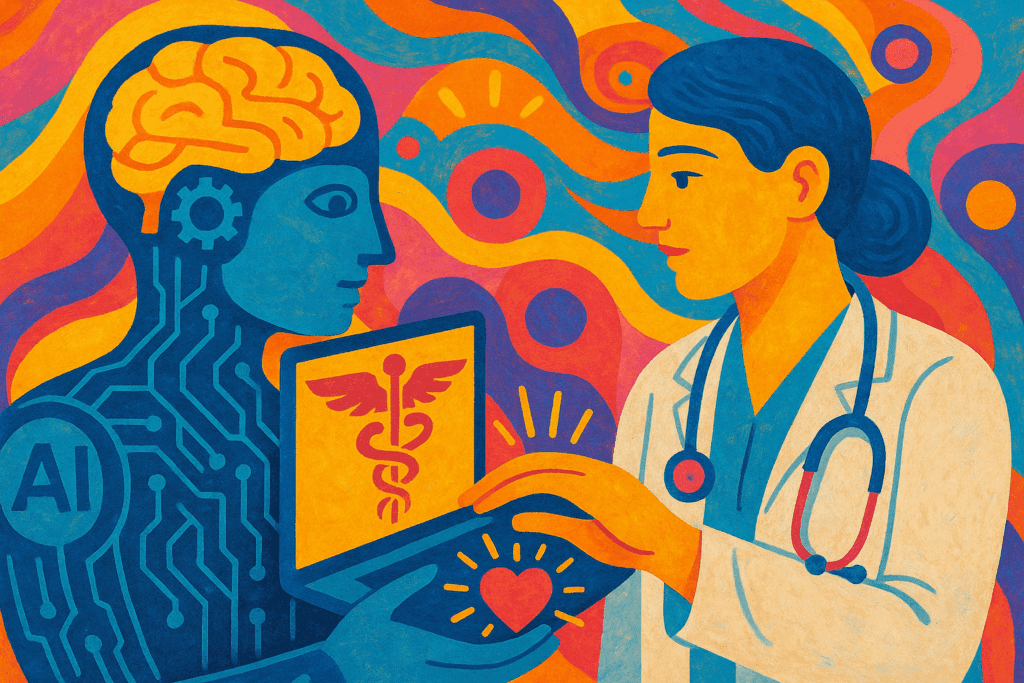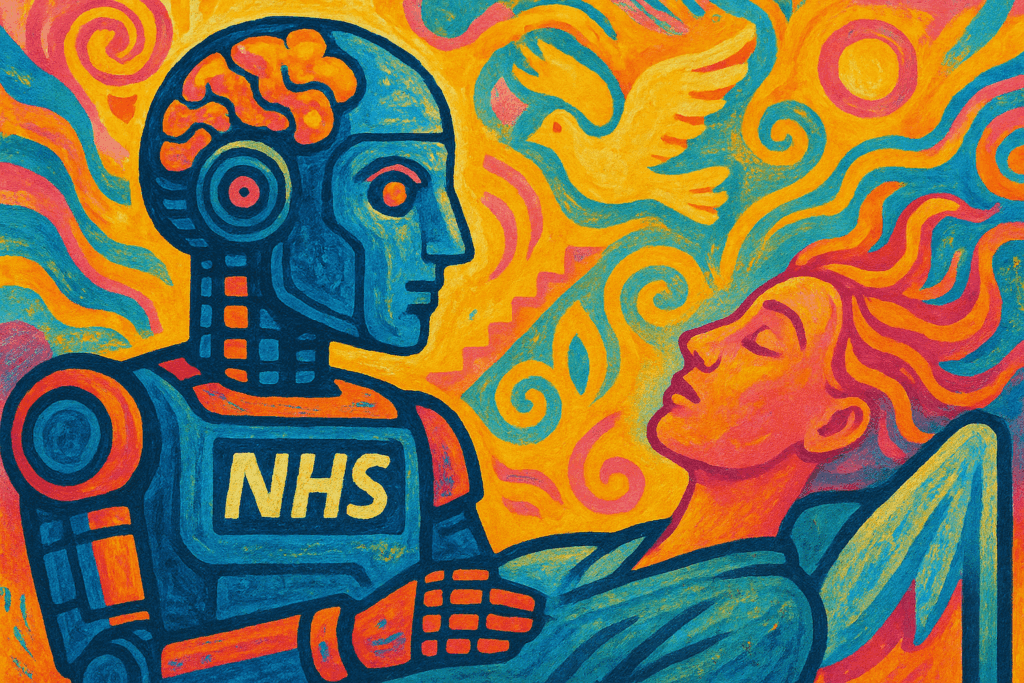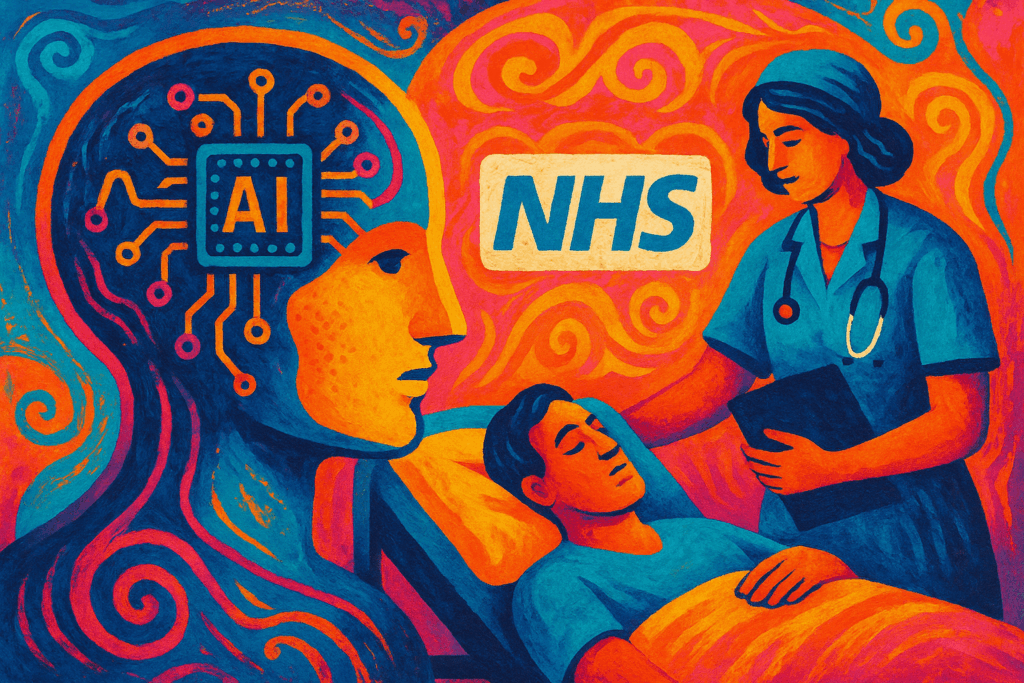AI’s Collaborative Role in Modern Healthcare
Artificial Intelligence is becoming a vital component in modern healthcare, addressing challenges such as prolonged wait times and diagnostic complexities. By integrating AI technologies, healthcare systems can streamline workflows and assist clinicians in managing rising patient demands more effectively. AI works alongside medical professionals to complement their expertise, improving overall service delivery without replacing human judgment.
AI Accelerates Diagnosis and Personalized Treatment
AI’s ability to analyze large datasets enables faster and more precise medical diagnoses, including the identification of rare diseases and detailed imaging interpretations. Machine learning algorithms predict treatment outcomes, helping clinicians make informed decisions tailored to individual patients. Additionally, AI supports personalized medicine by analyzing genetic and environmental factors, leading to customized treatment plans. The technology also contributes to vaccine development through rapid data analysis, expediting responses to emerging diseases.
Navigating Ethical AI Implementation
The adoption of AI in healthcare requires a careful approach grounded in ethical principles. Responsible AI development is essential to maintain public trust, ensure patient privacy, and mitigate potential biases. Clear regulatory frameworks and transparency in AI processes are necessary to guide safe integration, supporting equitable and effective healthcare delivery.
AI: A Powerful Partner for Clinicians
Far from replacing medical professionals, AI serves as a tool that complements and supports human expertise. Clinicians leverage AI to access deeper insights and improve decision-making, ultimately enhancing patient care quality. This partnership between technology and healthcare providers promises a future where medical services are more accurate, efficient, and responsive to patient needs.




